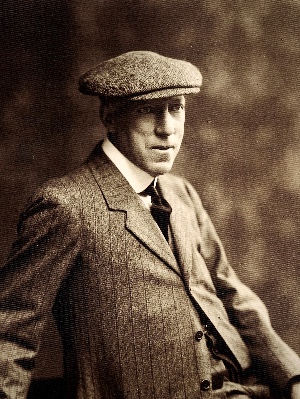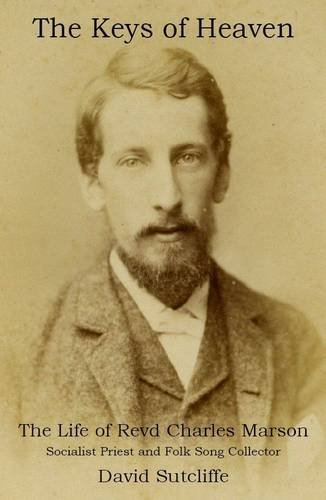Snowball, Mr
Dancer
Collection date: Aug 1910
Area: Tyne & Wear
Mr Snowball, informant for the Swalwell rapper dance 29 Aug 1910: Swalwell is 5 miles W of Gateshead. It had its own iron works (Crowley’s from 1707) and three collieries. After collecting the Yorkshire ‘long-sword’ dances at Kirkby Malzeard and Grenoside in July and August 1910, Sharp had already made plans to visit the Newcastle area and so travelled north to stay with a Mr H.E. Taylor at Whickham. On 29 August he visited nearby Swalwell and began recording the ‘rapper’ style of sword dancing for the first time (what he called 'Short sword dances').
It was quite a different style of dance to the Yorkshire dances, involving 5 men, not 6 and requiring quicker, slicker movements. The blades were 20 inches long, made of well tempered steel, with wooden hafts at each end that allowed the blade to twist and revolve completely. In his Folk Dance Notes 1/202ff Sharp wrote: ‘the usual term used by the men for their weapons is rappers (wrappers), rubbers, or – as Mr Heslop* suggests ‘wafties’’. There may have been some mishearing of the Northern accent involved here but the term ‘rapper’ has been the favoured description of this type of dance ever since. See E.C.Cawte ‘A History of the Rapper Dance’ Folk Music Journal 4.2 (1981).
Sharp noted no particular tunes associated with the Swalwell dance – ‘anything in 6/8 time will do’. He described their various ‘evolutions’, leading to the tying of the blades in a ‘knot’. There was no mock beheading. Sharp published the dance in ‘Sword Dances of Northern England’ Book 1 (1911 pp72ff). There is no Swalwell side today. See http://www.the-nut.net/articles/netour.php#swalwell
At the moment there is no trace of Mr Haslop but Henry Edmund Taylor was of the brewing family that operated in Whickham for decades. The ‘Mr Snowball’ referred to may be George Harrison Snowball (1847-1911), fire brick manufacturer, who was a resident at Whickham for over 20 years and before that at nearby Gateshead for 40 years. He merely gave his reminiscences to Sharp and was not perhaps a dancer. Further research is required.
*In his notes Sharp wrote 'Haslop' but it was probably 'Heslop'. Richard Oliver Heslop (1843-1916) was a Newcastle antiquarian.

